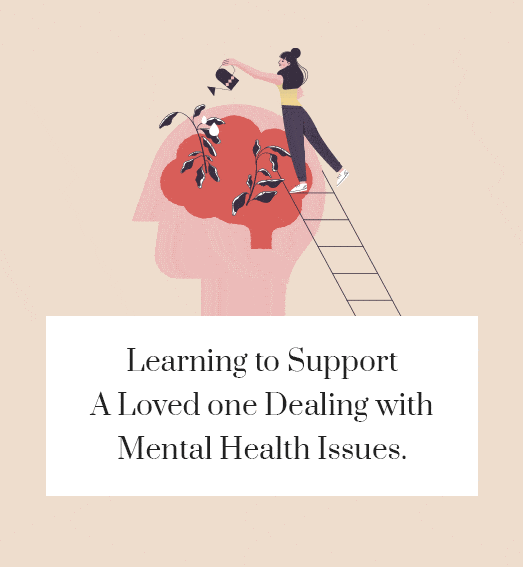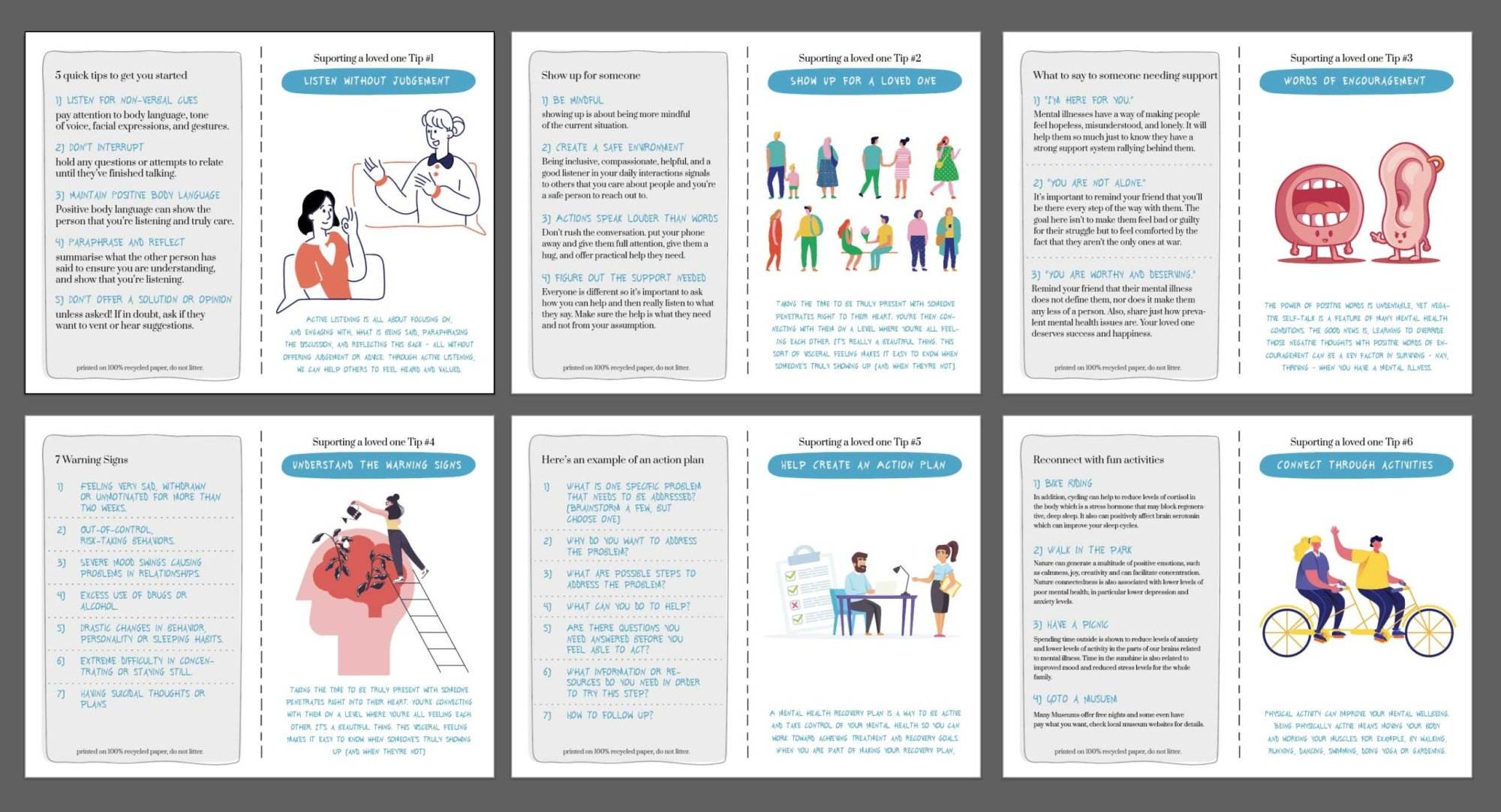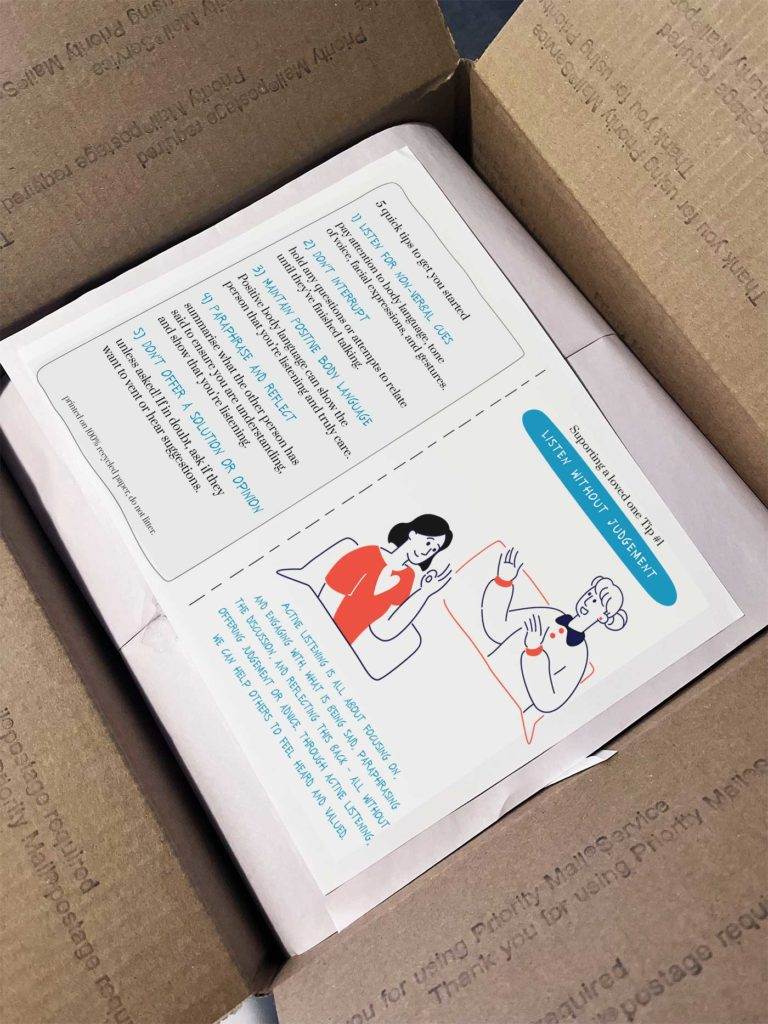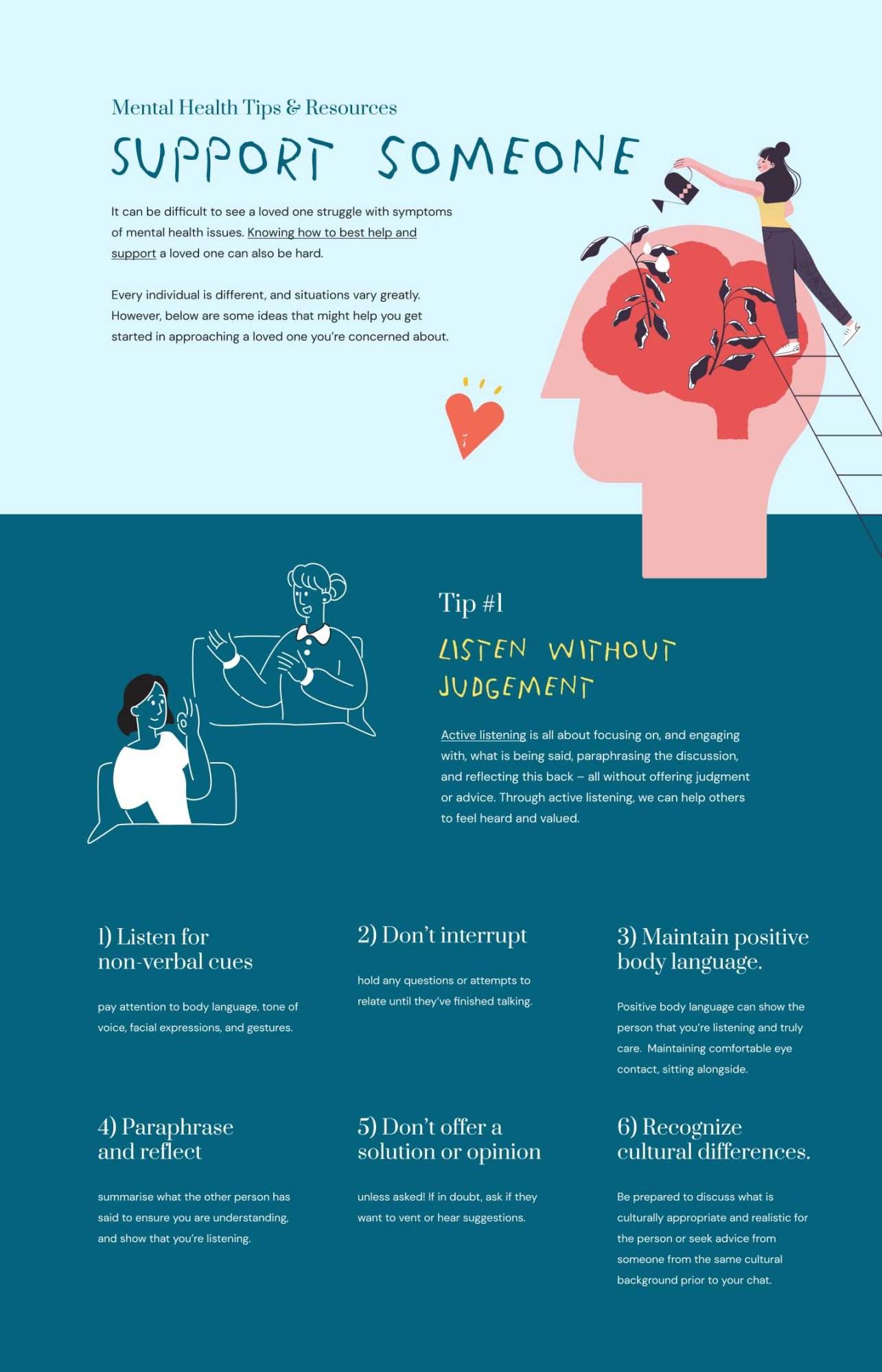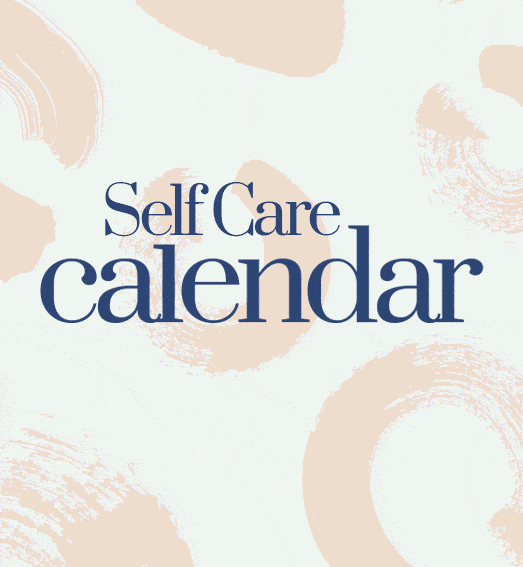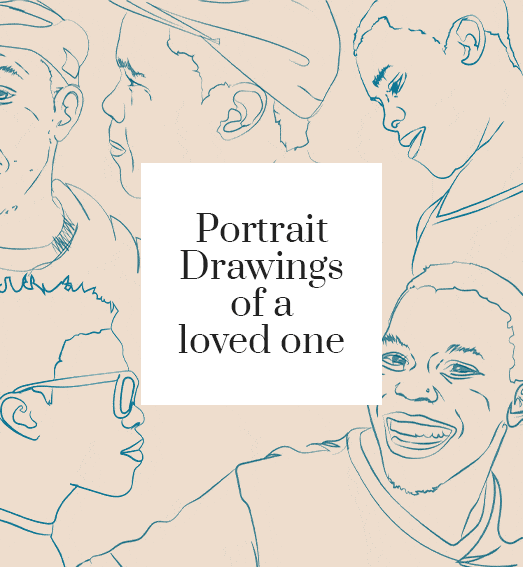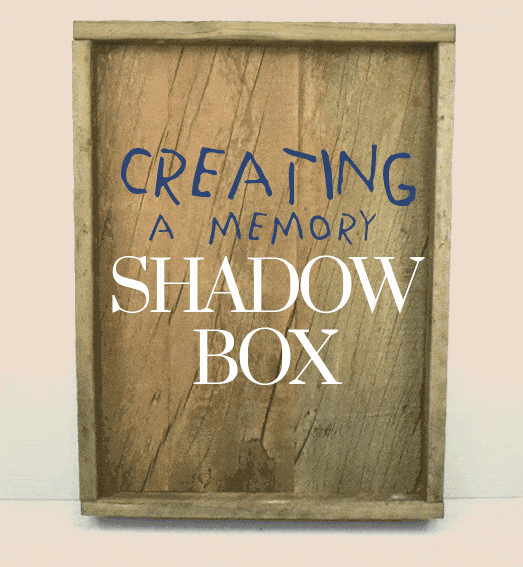Supporting a loved one dealing with mental health issues and addiction can be difficult. Below are several things I learned about how to truly support and help a loved one through their struggle. I did some of these things over the years but never had the opportunity to learn all aspects.
Listen without Judgement
Active listening focuses on what is being said and reflecting on this – without offering judgment or advice. Through active listening, we can help others to feel heard and valued. Respect the person’s privacy and confidentiality unless you are concerned the person is at risk of harming themself or others.
Show Up for a loved one.
They are taking the time to be truly present with someone penetrating their hearts. You’re connecting with them on a level where you’re all feeling each other. It’s a beautiful thing. This visceral feeling makes it easy to know when someone’s truly showing up (and when they’re not). Your loved one needs additional love and understanding when going through a difficult time, so remember to be empathetic, compassionate, and patient. Offer the person kindness and attention and let them know there is no risk of abandonment.
Words of encouragement
The power of positive words is undeniable, yet negative self-talk is a feature of many mental health conditions. The good news is, learning to override those negative thoughts with positive words of encouragement can be a key factor in surviving – nay, thriving – when you have a mental illness.
Understand the warning signs
A mental illness can make you miserable and cause problems in your daily life, such as school, work, or relationships. In most cases, symptoms can be managed with a combination of medications and talk therapy (psychotherapy)
Help Create an Action Plan
A mental health recovery plan is a way to be active and take control of your mental health so you can work toward achieving treatment and recovery goals when making your recovery plan. Have realistic expectations. Accept the person as they are and have realistic expectations. It can be harder to do everyday activities like cleaning the house, paying bills, or feeding the dog when going through a tough time. Acknowledge that the person is not “faking,” “lazy,” “weak,” or “selfish.”
Connect through activities
Physical activity can improve your mental well-being. Being physically active means moving your body and working your muscles: for example, walking, running, dancing, swimming, doing yoga, or gardening.
Offer Practical help, and Hope
Remind your loved one that with time and treatment, they will feel better, and there is Hope for a more positive future. Offer the person information and resources for support, including self-help strategies and professional help.
